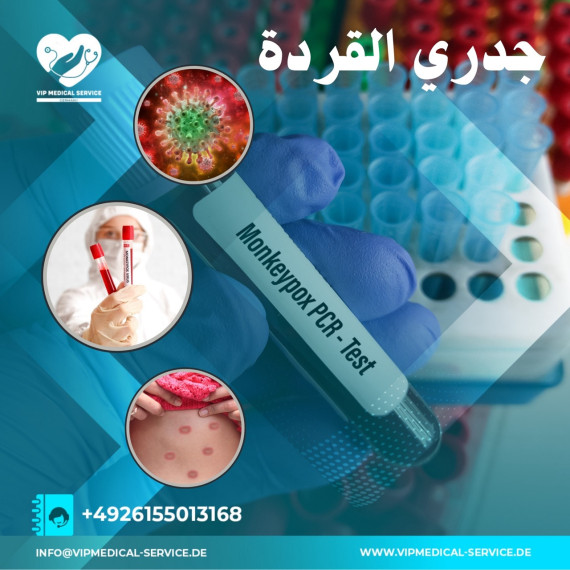Cancer Treatments in Stage Four: Facts and Challenges
28 Mai, 2024 - Medizinische Informationen
When cells begin to divide and proliferate irregularly and uncontrollably, they may accumulate to form a mass called a tumor. Tumors can destroy surrounding tissues and affect the function of neighboring organs. Cancerous cells can also break away from the original tumor and spread to other areas of the body, through the bloodstream or lymphatic system, in a process called metastasis. It is this spread to other parts of the body that makes cancer particularly dangerous, as it can lead to the impairment of affected organs and even death if not effectively treated.
Stage Four Cancer:
Stage four cancer is one of the most advanced and dangerous stages of cancer, where the tumor has spread to different parts of the body and may involve vital organs. At this stage, cancer may be incurable, and the goal of treatment may be to improve quality of life and alleviate symptoms rather than achieve complete cure. The type of treatment pursued at this stage depends on the type of cancer, its extent of spread, and the patient's condition. Typically, treatments for stage four cancer involve a variety of options such as chemotherapy, radiation therapy, targeted therapy, and surgical removal of large tumors.
Survival Rates in Stage Four Cancer:
In stage four cancer, survival rates vary greatly depending on several factors, including the type of cancer, its location, extent of spread, along with the patient's health and response to treatment. According to one study, the median survival after diagnosis of stage four lung cancer ranges from 6.3 to 11.4 months. While this stage may be challenging, there are cases that respond well to available treatments, allowing for extended life and improved quality of life.
In addition to conventional medical treatment, comprehensive care support and psychosocial care can contribute to improving the quality of life of patients and increasing survival chances. Tailoring appropriate treatment options and guiding the patient and their family through this challenging stage can help alleviate suffering and promote comfort and well-being.
Most doctors work with patients in this stage to provide multidimensional care that includes medical treatment, psychological support, social support, proper nutrition, pain management, and home medical care wherever possible. This integrated approach aims to improve patients' quality of life and support them through treatment and beyond.
Global Cancer Treatment Protocols for Stage Four:
The cancer treatment protocol for stage four involves a variety of therapeutic options aimed at improving quality of life and increasing survival period. Among the prominent options are:
Chemotherapy: Chemotherapy is used to control the growth of cancer cells and reduce tumor size. A variety of chemotherapy drugs targeting cancer cells in the patient's body are used.
Radiation Therapy: Radiation therapy is used to destroy cancer cells and reduce tumor size. Radiation therapy can be beneficial in reducing pain and improving symptoms associated with cancer.
Targeted Therapy: This therapy is used to target specific changes in cancer cells, preventing their growth or reducing their spread.
Surgical Treatment: Palliative surgical treatment may be used to remove large tumors or the primary tumor in the body. Surgery can help alleviate symptoms and improve quality of life.
Targeted Medication Therapy: Targeted medications can help target specific changes in cancer cells, preventing their growth or reducing their spread.
It is essential to emphasize the importance of consulting a doctor before using any alternative or complementary solutions, as some may have side effects or interact with conventional medical treatments.
In conclusion:
Despite the significant challenges faced by stage four cancer patients, there are many treatment options and symptom management strategies that can be explored. Patients and their families should collaborate with the healthcare team to identify the best available options based on individual circumstances and healthcare needs.


